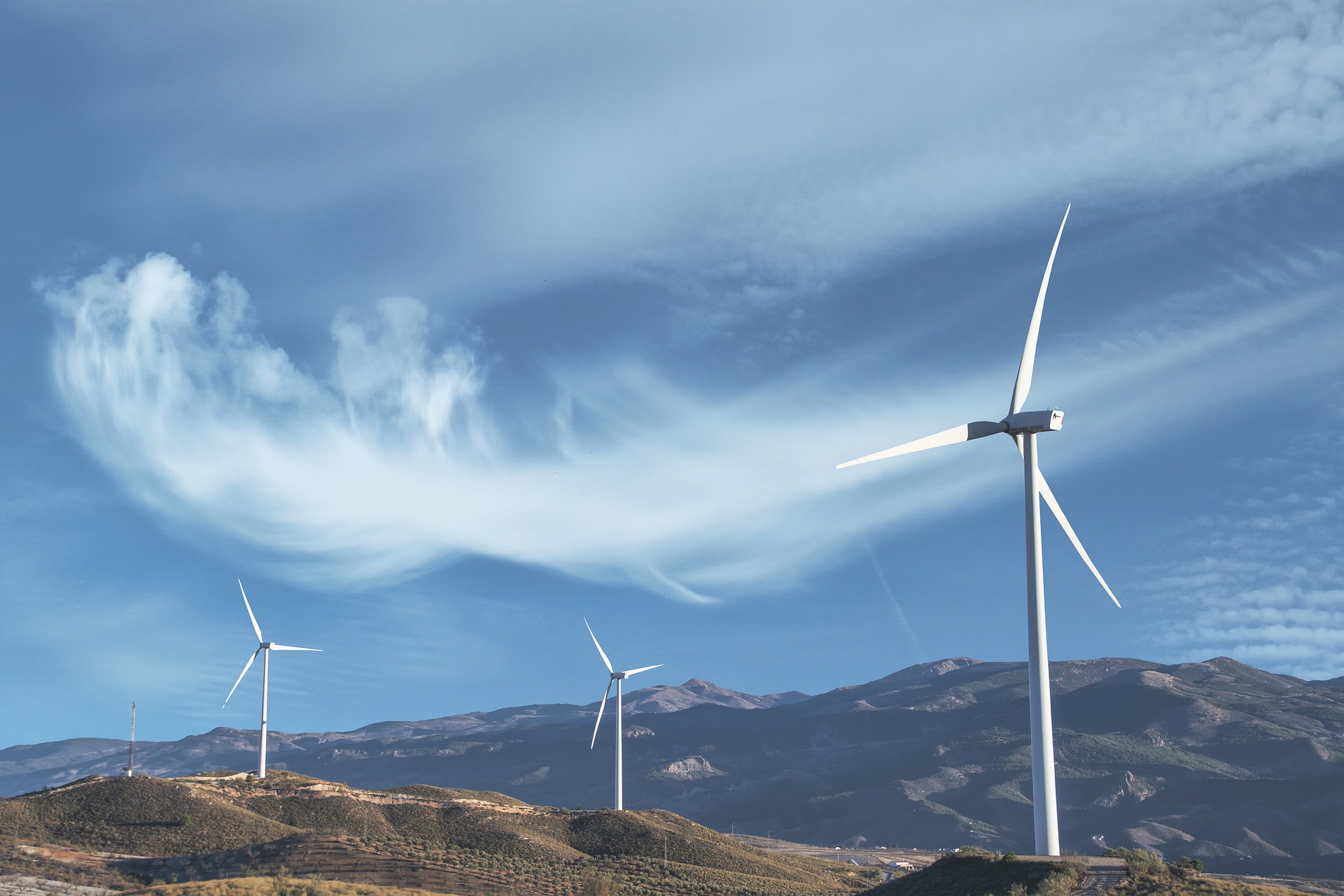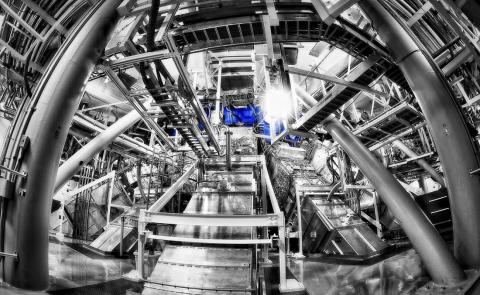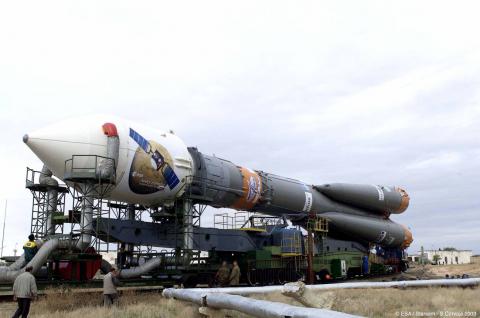We are facing an energy crisis only comparable to that of the 1970s, if not worse. What can be done? Let's look at the proposals of institutions such as the European Commission; the International Energy Agency —to tackle dependence on Russian gas and oil; the European think-tank Bruegel; and the Oxford Institute for Energy Studies.
Just a word of caution before we begin: the puzzle is extremely complex, so be wary of hard truths and easy solutions.
First of all, it is important to separate 'energy' from 'electricity'. The energy crisis —not only electricity— is mainly attributable to gas and oil; the climate crisis is also attributable to coal.
The energy policy triangle
European and Spanish energy policy is a triangle of three requirements that must be met at the same time: competitiveness —energy at affordable prices—; security of supply —energy physically available when, how and where it is needed—; and sustainability —energy with acceptable environmental and social impacts—.
In recent decades, one could say —with nuances— that the focus has been mainly on competitiveness and sustainability. Security of supply has improved from the internal perspective, since within our borders we have greater generation capacities and better energy grids. But from the external perspective we have remained highly dependent on imports.
The EU, with few fields, imports almost all of its consumption from producers such as Russia, the US, Gulf countries, Algeria and Norway. The current geopolitical situation has brought us face to face with this situation and its relationship with competitiveness, through prices.
If we also take sustainability into account —since the climate crisis is still there, as the IPCC rightly reminds us— what are the solutions?
Reducing gas and oil consumption
The way out is to reduce gas and oil consumption. Moreover, the oil and gas we consume must come from reliable and diverse partners, and be competitively priced. These changes should take place very quickly —if next winter is very cold it could be a problem— and without increasing CO2 emissions and other environmental impacts.
But this, of course, is easier said than done. For example, if in order to reduce gas and oil we burn more coal, especially to replace the gas we use in power generation, we would increase emissions significantly. We would risk credibility and climate leadership that has taken decades to build, at a time when coal reduction is being debated in countries where it is really critical, such as India, China and South Africa.
Moreover, coal-fired power generation is expensive: in the EU we have a carbon market, so that for every tonne emitted you have to pay between 50 and 100 euros (although there would be ways to recycle this revenue). In the case of Spain, certain coal plants that were going to be shut down look like they could be reactivated.
What about increasing nuclear power?
Another option would be to increase nuclear energy, also to replace the gas we use in electricity generation. A clear advantage is that it does not emit CO2. But for the moment the construction of new plants in Spain is not on the table: it would require many years of construction and an investment of billions of euros, which would result in a (relatively) high price per MWh generated.
Nuclear power with existing plants could be part of the solution, but how long can we continue to use them in absolute safety? We are now also seeing the weaknesses of existing reactors in a war context. There is also talk of small modular reactors (SMRs), but the non-proliferation debate remains: why can we use nuclear and others cannot? The question becomes more difficult in today's war scenario, with nuclear powers involved.
Diversifying oil and gas supplies
Part of the solution would be to diversify oil and gas supplies. In the case of gas, this would be a) by pipeline, importing, for example, from Azerbaijan, Norway and Algeria, and b) by LNG tanker, importing liquefied natural gas (LNG) from an increasingly globalised market.
Spain is very well positioned because of its large LNG reception (regasification) capacity, but we are poorly connected by pipeline with Europe. And in the global LNG market we compete with large Asian countries such as China and Japan, so the bill to divert these ships would be expensive, and it is not yet clear whether it would be possible because it is a market with a high degree of contractual complexity.
In the case of oil, because almost all of it is imported by ship, diversification is somewhat easier, although again the bill can be high.
Renewables do meet all three requirements
Only renewables and energy efficiency seem to pass the three tests of the energy triangle robustly and as a long-term solution: we are not dependent on anyone, they have a considerably lower environmental impact and are largely cost-efficient. Moreover, good work is being done to integrate renewables into our electricity markets and systems.
But they solve the problem mainly on the electricity side, not the energy side. This is why we need to move towards electrification, for example, of cars or heating; or invest massively in renewables for thermal uses, such as solar thermal or bioenergy.
It is also necessary to invest in the grid and interconnection with France, and to speed up administrative procedures, while at the same time tackling the growing contestation in rural areas. In other words, it is not so quick to count on renewables, but they must be supported.
Lessons from the pandemic
Energy efficiency should be the 'keystone' of any solution. A very large percentage of demand can be reduced. It would be cost-effective for consumers, although it implies changes in our way of life. Changes such as a return to teleworking, replacing gas boilers with heat pumps, or cutting back on cars and planes in favour of public transport and trains.
We probably need to fight this war by drastically reducing our energy consumption. Yes, that may imply changes in our habits, but perhaps not so different from those already imposed by the pandemic.




